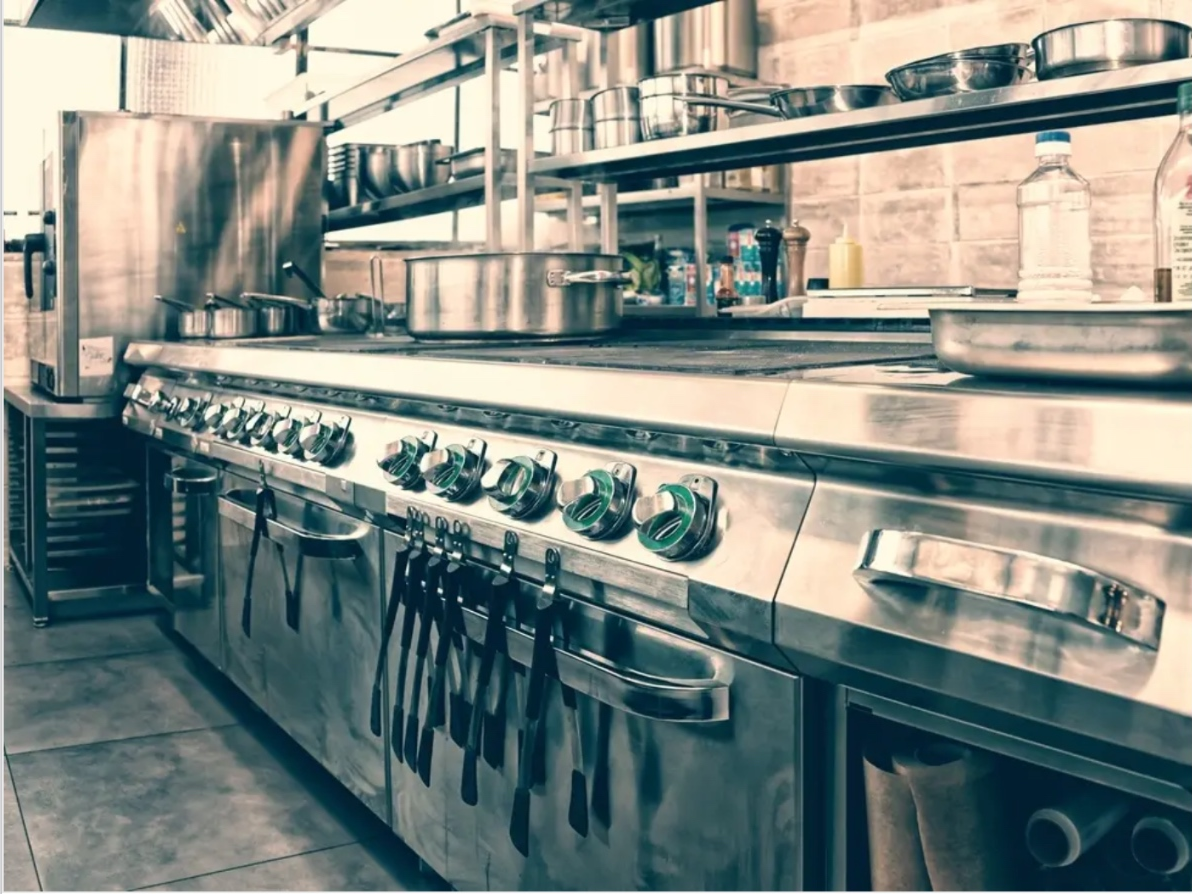NEW YORK CITY — Vermin, dirty dishes and poor personal cleanliness — restaurants across the city have dirty secrets they’d rather not share. But New York City’s Health Department is watching.
Every year, inspectors arrive unannounced at more than 25,000 restaurants to examine health and safety standards. Most eateries pass inspections, but some fall short of the city’s standards, accruing violation points for everything from broken light bulbs to “public health hazards,” like vermin and failure to follow food safety protocols.
Restaurants hit with non-food-safety violations might get a fine or a lower letter grade, with zero to 13 points warranting an ‘A’ and violations totaling 28 points or more earning a ‘C’ (this system is criticized for its efficacy by some gourmands).
Public health hazards that can’t be resolved on the spot, like a mouse or fly infestation, pose a bigger issue: immediate closure.
Here’s all the eateries that the Department of Health closed down since August 8:
Manhattan
Bourke Street Bakery (1270 6th Ave.)
Violation Points: 33
- Establishment is not free of harborage or conditions conducive to rodents, insects or other pests.
- Food contact surface not properly washed, rinsed and sanitized after each use and following any activity when contamination may have occurred.
- Food, supplies, or equipment not protected from potential source of contamination during storage, preparation, transportation, display, service or from customer’s refillable, reusable container. Condiments not in single-service containers or dispensed directly by the vendor.
- Evidence of mice or live mice in establishment’s food or non-food areas.
- Food contact surface, refillable, reusable containers, or equipment improperly constructed, placed or maintained. Unacceptable material used. Culinary sink or other acceptable method not provided for washing food.
- Cold TCS food item held above 41 °F; smoked or processed fish held above 38 °F; intact raw eggs held above 45 °F; or reduced oxygen packaged (ROP) TCS foods held above required temperatures except during active necessary preparation.
Brooklyn
Café Pobeda (5610 Utrecht Ave.)
Violation Points: 76
- Dishwashing and ware washing: Cleaning and sanitizing of tableware, including dishes, utensils, and equipment deficient.
- Food Protection Certificate (FPC) not held by manager or supervisor of food operations.
- Personal cleanliness is inadequate. Outer garment soiled with possible contaminant. Effective hair restraint, not worn where required. Jewelry worn on hands or arms. Fingernail polish worn or fingernails not kept clean and trimmed.
- Cold TCS food item held above 41 °F; smoked or processed fish held above 38 °F; intact raw eggs held above 45 °F; or reduced oxygen packaged (ROP) TCS foods held above required temperatures except during active necessary preparation.
- Non-food contact surface or equipment made of unacceptable material, not kept clean, or not properly sealed, raised, spaced or movable to allow accessibility for cleaning on all sides, above and underneath the unit.
- Filth flies or food/refuse/sewage associated with (FRSA) flies or other nuisance pests in establishment’s food and/or non-food areas. FRSA flies include houseflies, blow flies, bottle flies, flesh flies, drain flies, Phorid flies and fruit flies.
- Evidence of mice or live mice in establishment’s food or non-food areas.
- Food worker/food vendor does not use utensil or other barrier to eliminate bare hand contact with food that will not receive adequate additional heat treatment.
- Anti-siphonage or back-flow prevention device not provided where required; equipment or floor not properly drained; sewage disposal system in disrepair or not functioning properly. Condensation or liquid waste improperly disposed of.
Pollo D’ Oro (306 Gold St.)
Violation Points: 28
No approved written standard operating procedure for avoiding contamination by refillable returnable containers.
Queens
Abdullah Sweets & Restaurant (7306 37 Ave.)
Violation Points: 39
- Evidence of mice or live mice in establishment’s food or non-food areas.
- Insufficient or no hot holding, cold storage or cold holding equipment provided to maintain Time/Temperature Control for Safety Foods (TCS) at required temperatures.
